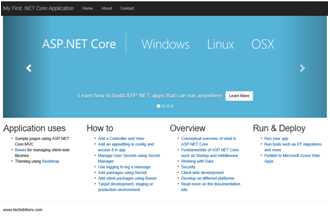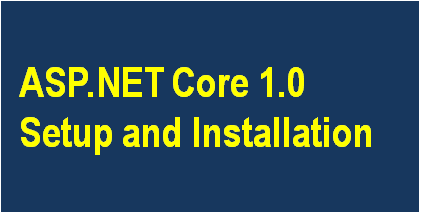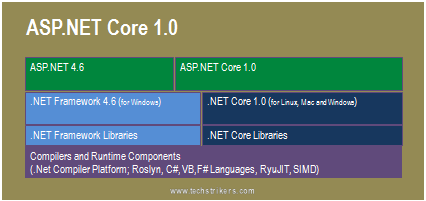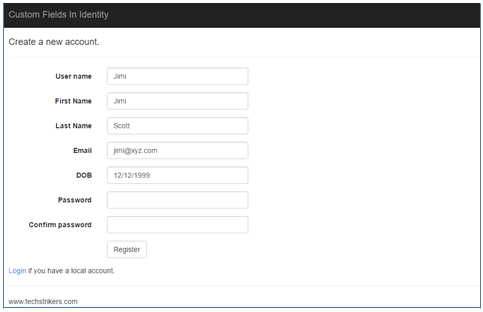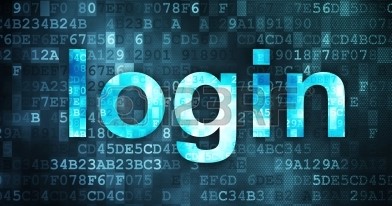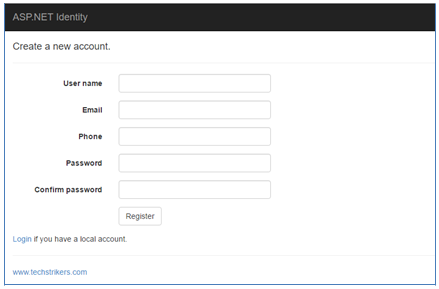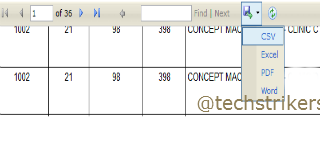Tokens in C Language
Tokens are the smallest individual components that make up a C program. They serve as the fundamental building blocks of the language's syntax. In this tutorial, we will provide an in-depth description of each type of token in the C language, including keywords, identifiers, constants, strings, operators, delimiters, and punctuators. To enhance understanding, we will accompany the description with a table summarizing each token type.
Types of Tokens in C
- Keywords
- Identifiers
- Constant
- String Tokens
- Operators
- Delimiters
- Punctuators
Keywords
Keywords are reserved words in the C language that have predefined meanings. They cannot be used as identifiers or variable names. Here are some examples of C keywords:
| Keyword | Description |
|---|---|
| int | Represents integer data type |
| float | Represents floating-point data type |
| if | Used for conditional statements |
| for | Used for loop constructs |
| while | Used for repetitive execution |
| return | Specifies the value to be returned from a function |
Identifiers
Identifiers are user-defined names used to represent variables, functions, and other entities in a C program. They must follow certain naming conventions. Here are some examples of valid identifiers:
| Identifier | Description |
|---|---|
| count | Represents a variable storing a numeric value |
| total_sales | Represents a variable storing the total sales amount |
| calculate_area | Represents a function that calculates the area of a shape |
Constant
Constants are fixed values that do not change during program execution. They can be of different types:
| Constant | Description |
|---|---|
| Integer Constants | Whole numbers without a fractional part |
| Floating-Point Constants | Numbers with a fractional part |
| Character Constants | Represent single characters |
| String Literals | Represent a sequence of characters enclosed in double quotes |
String
String tokens are a sequence of characters enclosed in double quotes (""). They represent textual data in a C program.
Operators
Operators perform specific operations on one or more operands to produce a result. They can be arithmetic, assignment, comparison, logical, bitwise, and more. Here are some examples of operators:
| Operator | Description |
|---|---|
| + | Addition |
| - | Subtraction |
| * | Multiplication |
| / | Division |
| = | Assignment |
| == | Equality comparison |
| && | Logical AND |
Delimiters
Delimiters are special characters used to separate tokens or define the structure of a program. They include parentheses, braces, brackets, commas, semicolons, and periods. Here are some examples:
| Delimiter | Description |
|---|---|
| () | Parentheses, used for grouping expressions |
| {} | Curly braces, used for defining blocks of code |
| [] | Square brackets, used for array indexing |
| , | Comma, used for separating elements in a list |
| ; | Semicolon, used to terminate statements |
| . | Period, used for accessing members of a structure or union |
Punctuators
Punctuators are symbols used for specific purposes in the C language. They include the pound sign (#), arrow operator (->), and question mark (?), among others.
Summary Table
| Token Type | Description |
|---|---|
| Keywords | Reserved words with predefined meanings |
| Identifiers | User-defined names representing variables, functions, and entities |
| Constants | Fixed values that do not change during program execution |
| Strings | Sequence of characters representing textual data |
| Operators | Perform specific operations on operands |
| Delimiters | Special characters used to separate tokens or define structure |
| Punctuators | Symbols used for specific purposes in the C language |
Tokens are essential components of the C language, serving as the building blocks of its syntax. By understanding each type of token, such as keywords, identifiers, constants, strings, operators, delimiters, and punctuators, you will gain a comprehensive understanding of the C language's structure. Mastery of tokens is crucial for writing correct and efficient C code.
